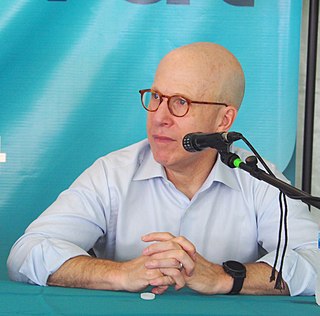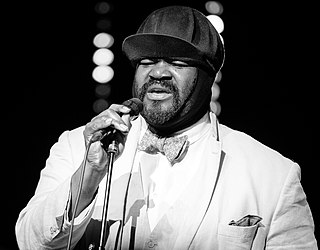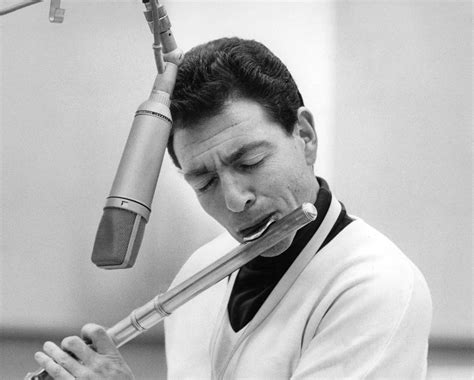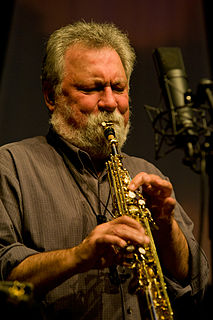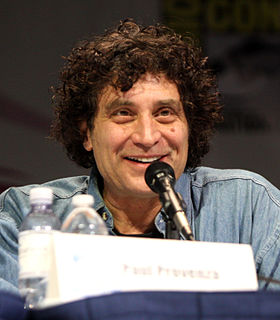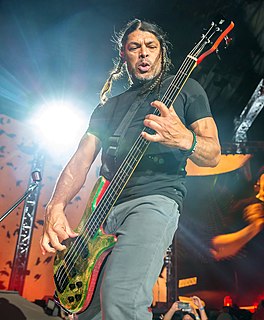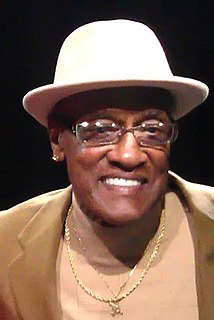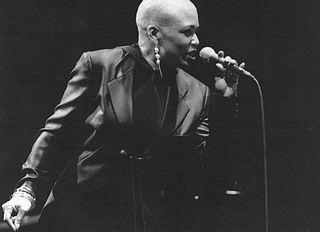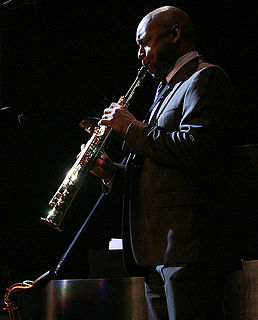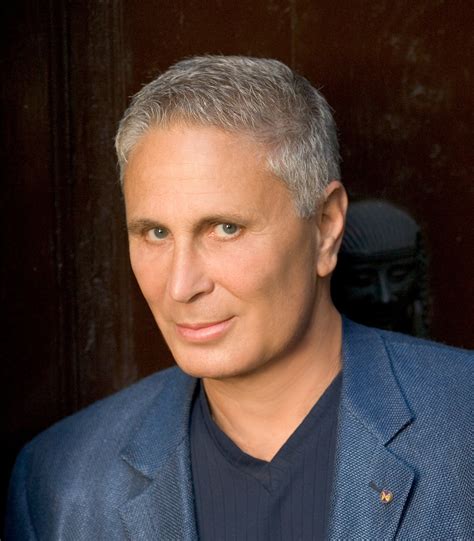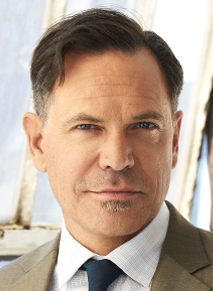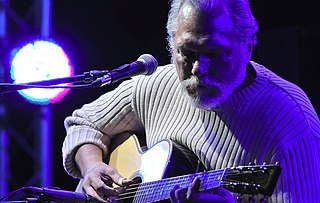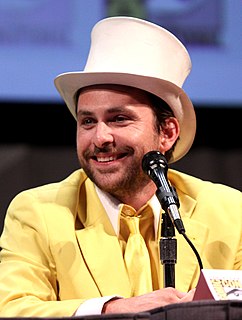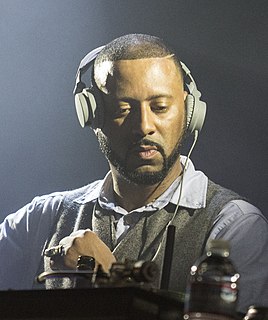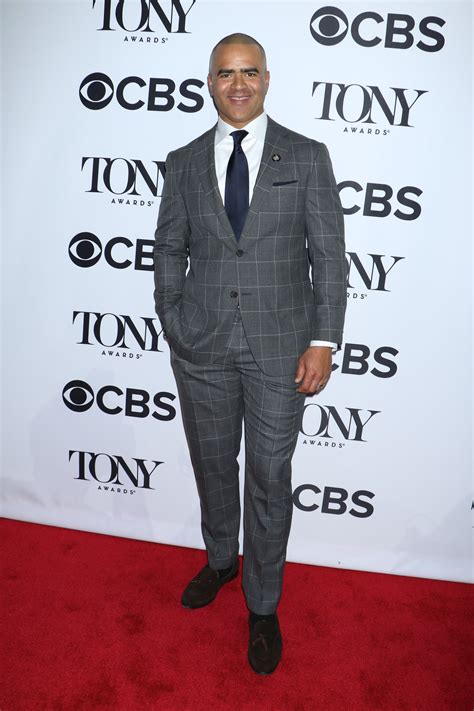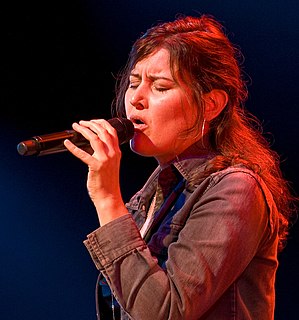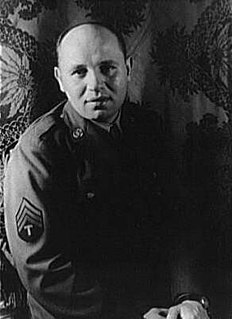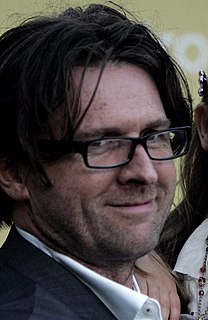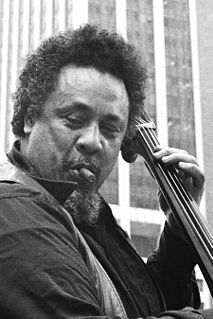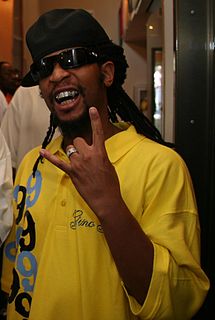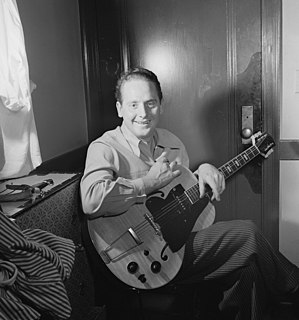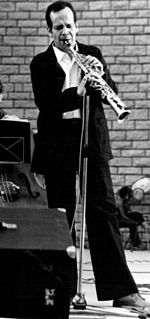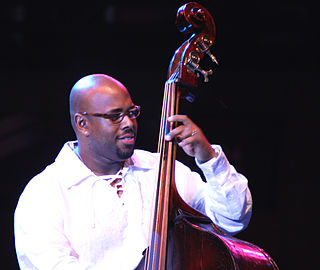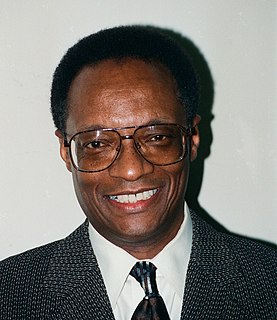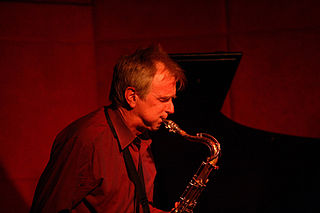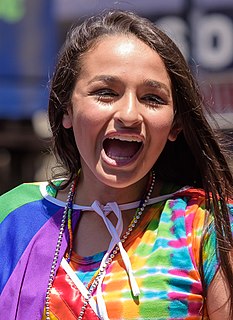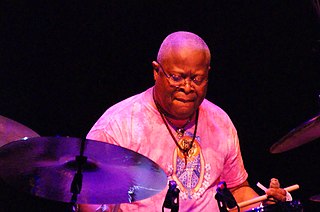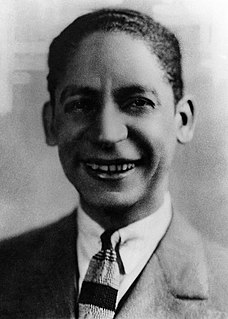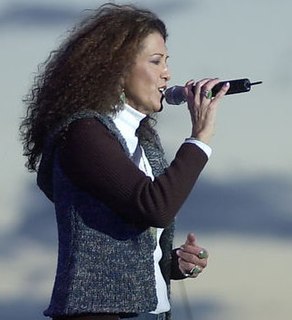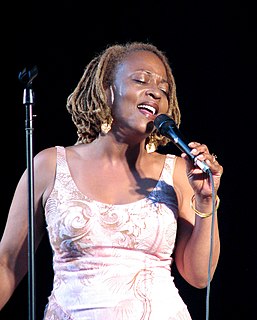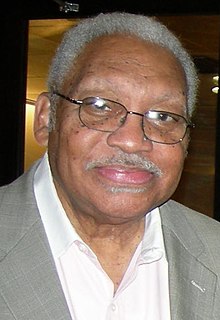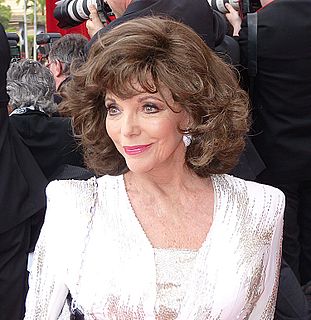Top 1200 Jazz Age Quotes & Sayings - Page 3
Explore popular Jazz Age quotes.
Last updated on April 15, 2025.
I remember the first time I was booked into a jazz club. I was scared to death. I'm not a jazz artist. So I got to the club and spotted this big poster saying, 'Richie Havens, folk jazz artist.' Then I'd go to a rock club and I'm billed as a 'folk rock performer' and in the blues clubs I'd be a 'folk blues entertainer.'
I haven't got a great jazz band and I don't want one. Some of the critics, Down Beat's among them, point their fingers at us and charge us with forsaking real jazz . . . It's all in what you define as 'real jazz.' It happens that to our ears harmony comes first. A dozen colored bands have a better beat than mine. Our band stresses harmony.
Truth of the matter is, jazz is American music. And that doesn't mean bebop. Jazz is really about improvising. All the music that's been created in America has been pretty much improvised... Whether it's hillbilly or rock n' roll for blues, it's basically jazz music... It's basically about another way of hearing what comes out of America.
